At North Atlanta Behavioral Health, we understand the challenges faced by individuals struggling with Obsessive-Compulsive Disorder (OCD), and our dedicated team is committed to providing comprehensive and personalized care. Our approach to OCD treatment in Atlanta is grounded in the latest research and therapeutic techniques, ensuring that each patient receives the support they need to overcome OCD and lead a fulfilling life.
If you or someone you love has been struggling with an untreated mental health disorder, we are available to help. Call us now at 770-230-5600 or verify your insurance now.
How Do I Know I Need OCD Treatment?
Recognizing the need for OCD treatment is a vital step towards recovery. If your thoughts and behaviors are causing significant distress, impacting your daily life, or consuming considerable time, it might be time to seek professional help. OCD is not just about being neat or liking things a certain way; it is a severe mental health condition that requires expert intervention.
Signs and Symptoms of Obsessive-Compulsive Disorder (OCD)
- Obsessive Thoughts: Persistent, unwanted, and intrusive thoughts, images, or urges that cause distress or anxiety. These might include fears of contamination, fears of harming oneself or others, intrusive sexual or religious thoughts, or a need for symmetry or exactness.
- Compulsive Behaviors: Repetitive actions performed in response to an obsessive thought, often to reduce anxiety or prevent a feared event. Common compulsions include excessive cleaning or handwashing, repeatedly checking things (like locks or stoves), compulsive counting, ordering or arranging things in a specific way, and demanding reassurances.
- Avoidance: Avoiding situations or objects that trigger obsessive thoughts or compulsive behaviors. This can include avoiding public spaces, certain objects, or specific situations.
- Ritualistic Behavior: Engaging in rituals triggered by fears or obsessive thoughts. These rituals are often performed according to a set of rules and can include things like touching objects a certain number of times, repeating certain words or phrases, or performing tasks in a specific order.
- Fear of Contamination: A preoccupation with cleanliness or fears about germs, dirt, or becoming ill. This can lead to excessive washing and cleaning behaviors.
- Hoarding: The inability to throw away useless or worn-out possessions, often due to a fear of losing something important or believing it might be needed in the future.
- Distress and Anxiety: Feeling significant distress due to the intrusive nature of obsessive thoughts and the time-consuming nature of compulsive behaviors. This can lead to feelings of anxiety, shame, or guilt.

How Our OCD Treatment in Atlanta Works
At North Atlanta Behavioral Health, our OCD treatment program is tailored to each individual. We begin with a comprehensive assessment to understand your unique needs. Our multidisciplinary team then designs a personalized treatment plan, incorporating a blend of therapy, medication management (if needed), and supportive services to address all aspects of OCD.
How is OCD Treated?
The best treatment option for OCD depends on the unique needs of the individual. At North Atlanta Behavioral Health, we offer a highly personalized approach to OCD recovery,
Effective OCD treatment often includes:
- Cognitive Behavioral Therapy (CBT): A type of psychotherapy that helps patients identify and change destructive thought patterns that influence compulsive behaviors. CBT, especially when combined with Exposure and Response Prevention (ERP), is considered one of the most effective treatments for OCD.
- Exposure and Response Prevention (ERP): A form of CBT that involves gradually exposing patients to their fears or obsessions and teaching them healthy ways to cope with anxiety without resorting to compulsive behaviors.
- Medication: Certain psychiatric mental health medications, particularly those in the class of Selective Serotonin Reuptake Inhibitors (SSRIs), are often prescribed to help reduce the symptoms of OCD. Examples include fluoxetine (Prozac), sertraline (Zoloft), and fluvoxamine.
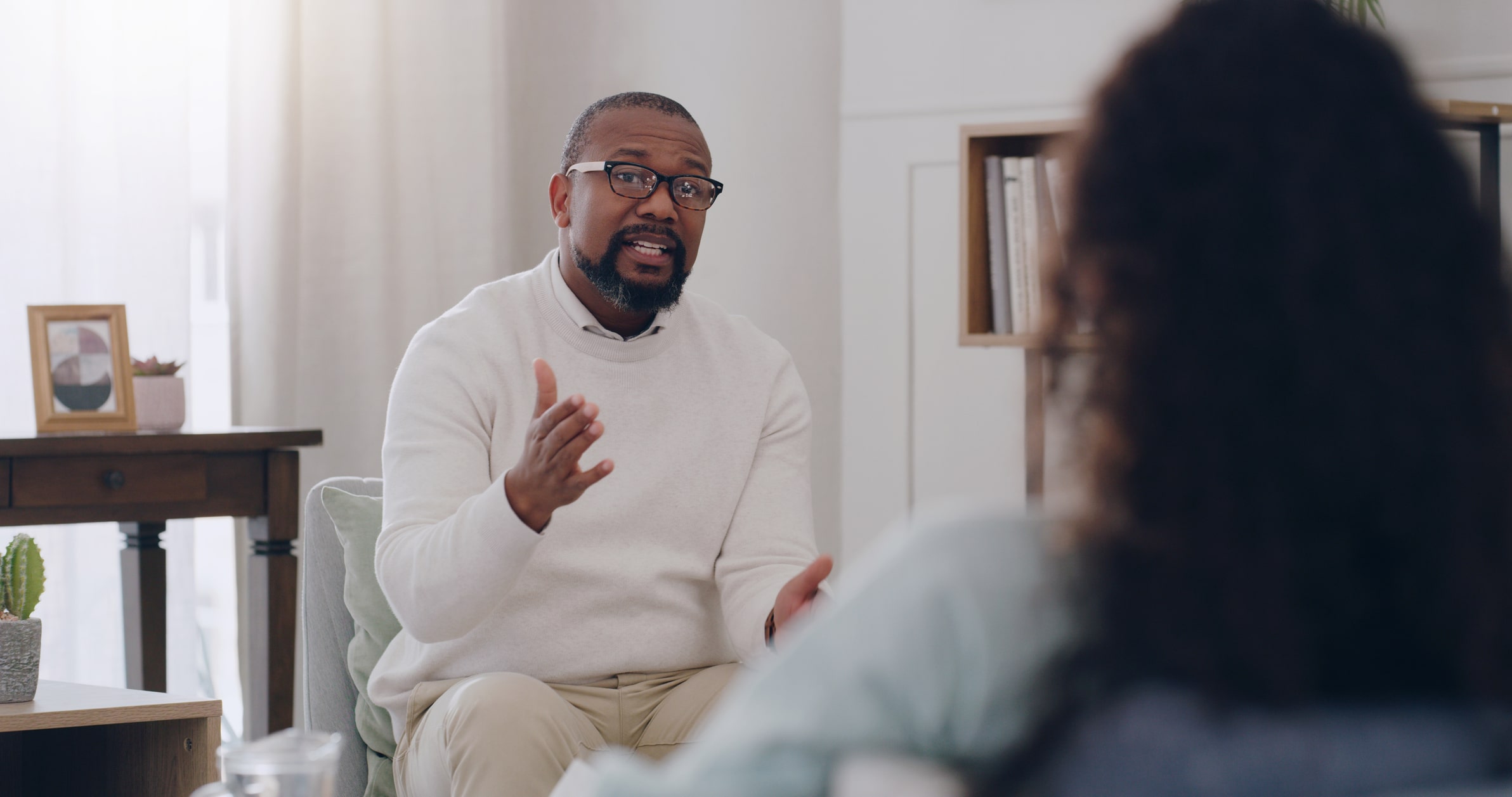
The Correlation Between OCD and Substance Abuse
According to JAMA Network Open, a “Swedish cohort study . . . found that individuals with an OCD diagnosis had a 3.7-fold elevated risk of any substance misuse outcome. “
The correlation between Obsessive-Compulsive Disorder (OCD) and substance abuse is complex and multifaceted. Individuals with OCD often experience intense anxiety and distress due to their intrusive thoughts and compulsive behaviors. To cope with these overwhelming feelings, some may turn to substance use as a form of self-medication. This can include the use of alcohol, prescription medications, or illicit drugs.
The temporary relief provided by substances can be appealing to those struggling to manage the symptoms of OCD. However, this relief is often short-lived and can lead to a cycle of dependence and worsening mental health symptoms. Substance abuse can exacerbate the symptoms of OCD, leading to increased severity of obsessions and compulsions.
While OCD can lead to substance abuse as a coping mechanism, the onset of substance abuse disorders can also trigger or worsen OCD symptoms. The use of certain substances can alter brain chemistry and exacerbate anxiety and compulsive behaviors, creating a challenging cycle of co-occurring disorders. This interplay highlights the importance of integrated treatment approaches that address both OCD and substance abuse concurrently.
Why Choose North Atlanta Behavioral Health
Choosing North Atlanta Behavioral Health for OCD treatment offers several advantages, making it a compelling choice for individuals seeking effective management and recovery from Obsessive-Compulsive Disorder.
- Comprehensive Treatment Approach: The facility offers a comprehensive approach to treatment, which includes a combination of evidence-based therapies such as Cognitive Behavioral Therapy (CBT) and Exposure and Response Prevention (ERP), medication management, and support for related issues like anxiety and depression. This holistic approach ensures that all aspects of the disorder are addressed.
- Family Involvement: Understanding the role of family support in successful treatment, North Atlanta Behavioral Health encourages family involvement. This can include family therapy sessions and educational programs to help families understand OCD better and support their loved ones effectively.
- Integrated Care for Co-Occurring Disorders: Recognizing that OCD often co-occurs with other disorders such as depression, anxiety, and substance abuse, the center provides integrated care that addresses these dual diagnosis disorders, offering a more effective and holistic treatment.
- Aftercare and Ongoing Support: Post-treatment support is crucial in maintaining the gains achieved during therapy. North Atlanta Behavioral Health offers aftercare and ongoing support services to help individuals transition smoothly into their daily lives while managing their symptoms effectively.
Selecting North Atlanta Behavioral Health for OCD treatment means choosing a facility dedicated to providing expert, personalized, and compassionate care.
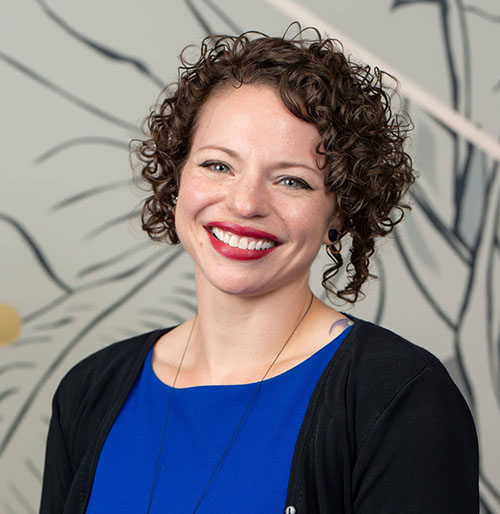
By NABH Staff
Medically Reviewed by
Erika Dalton, LMSW.
Last Updated on March 18, 2024
Get Help Now
Begin Depression Treatment in Atlanta Today
Mental health disorders cannot be treated by treating the symptoms alone. We use holistic and evidence-based methods to treat the entire individual.
Facility Image Gallery
Begin OCD Treatment in Atlanta, Georgia Today
To learn more about our OCD treatment services in Atlanta, please contact us today. Our team is standing by to answer your questions and guide you toward long-term mental health recovery. Combining traditional OCD treatment with innovative and progressive therapies, we offer comprehensive care custom-tailored to your unique needs. We look forward to speaking with you soon and helping you begin the journey of lasting healing.

Treatment Philosophy
North Atlanta Behavioral Health is dedicated to the health and happiness of our clients. We offer personalized treatment plans that put each individual’s needs first.

Meet Our Team
Our multidisciplinary team wants nothing more than for our clients to achieve a lifetime of recovery and sobriety. Let us help you get the most out of treatment.

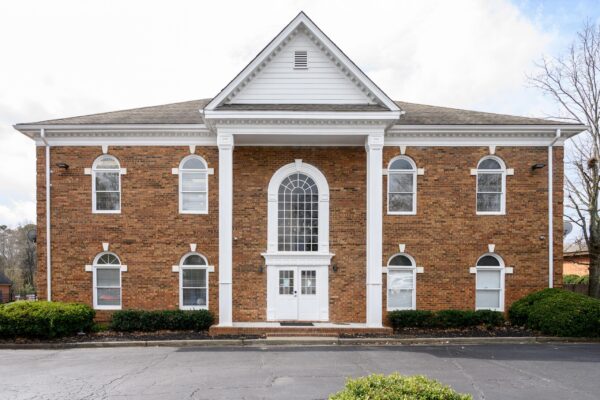


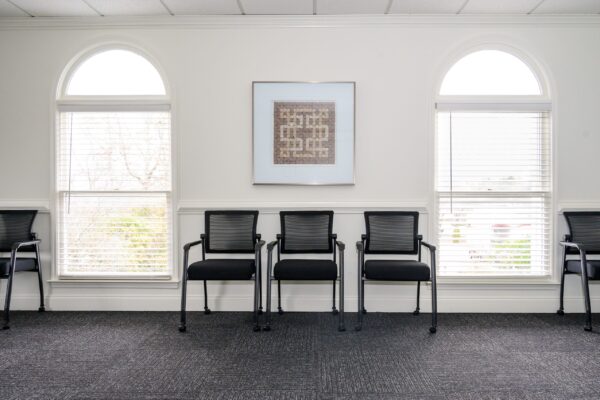
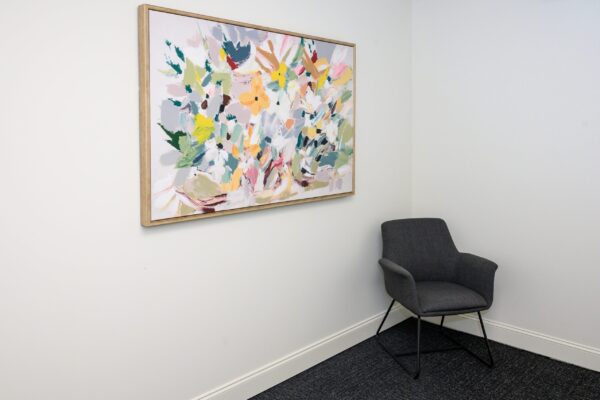
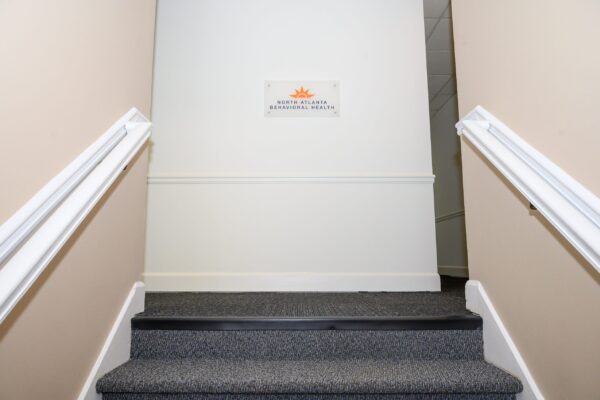
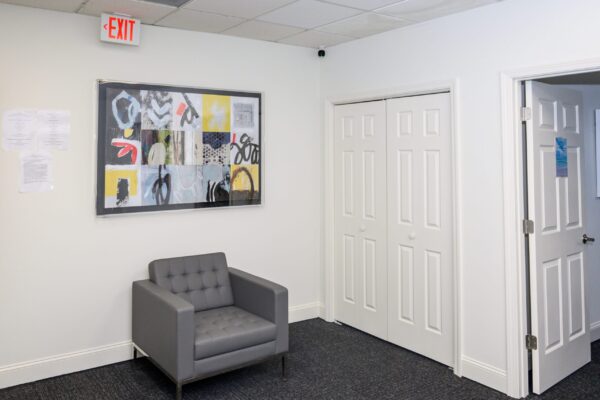
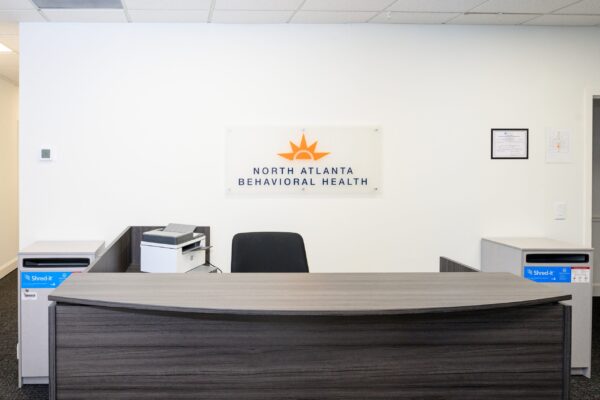

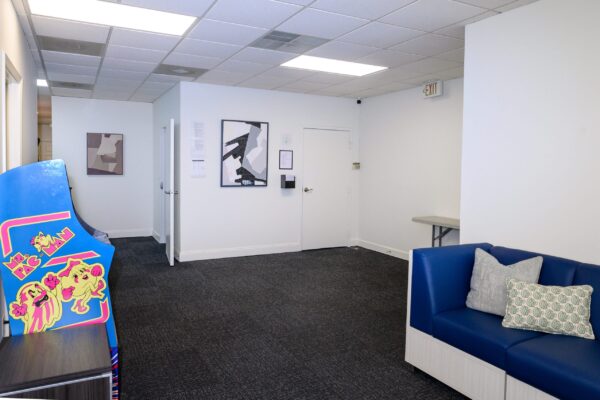
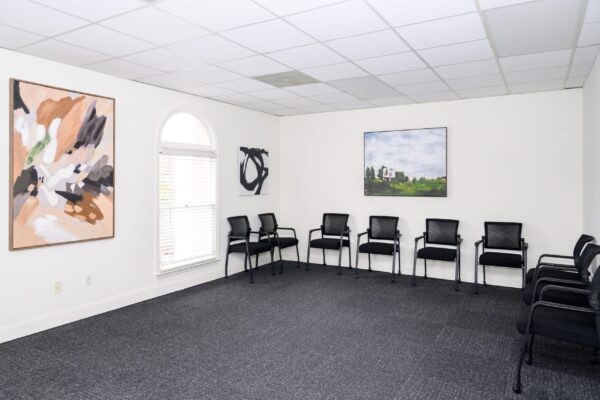
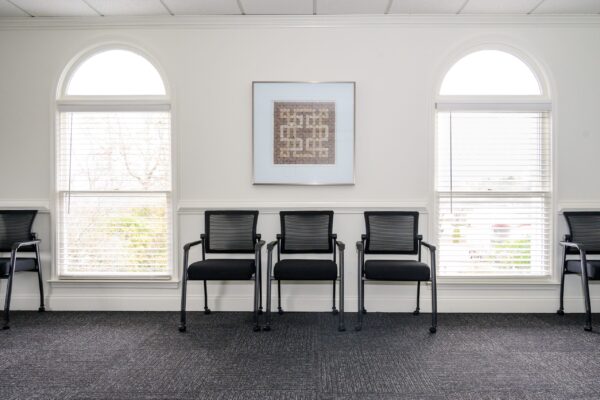
 I have been to my fair share of mental health programs and this one was extremely small, intimate and every staff member I have ever had contact with has been completely professional, compassionate, and caring.
I have been to my fair share of mental health programs and this one was extremely small, intimate and every staff member I have ever had contact with has been completely professional, compassionate, and caring.




